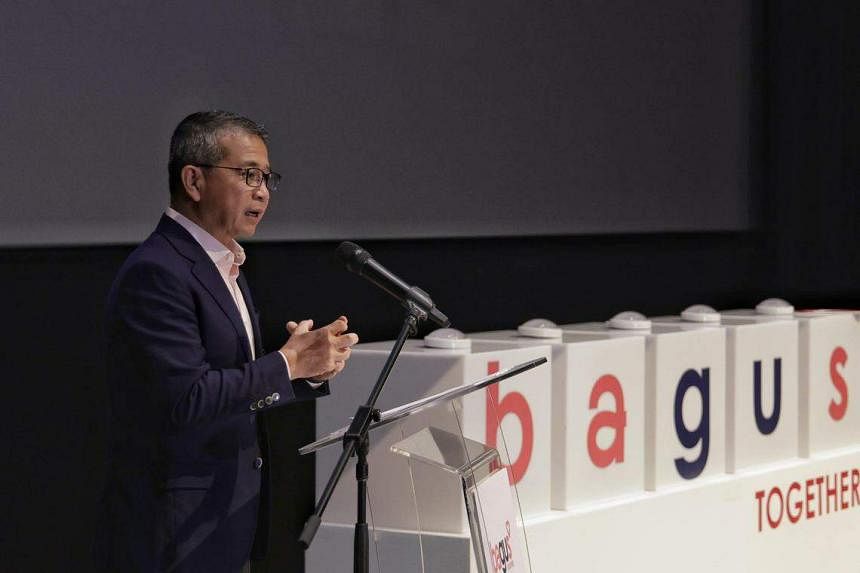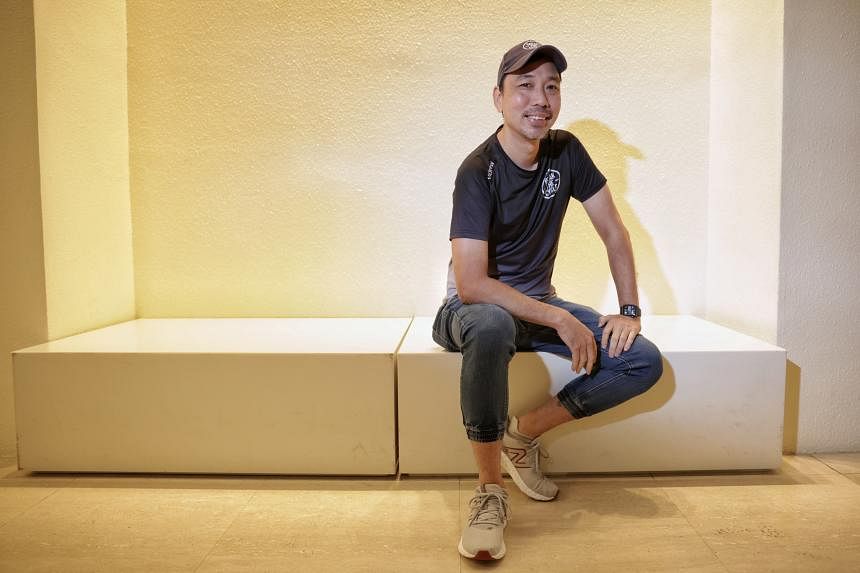SINGAPORE – A new report by the National Volunteer and Philanthropy Centre (NVPC) estimates that Singapore has about 450 active ground-up groups, many of which were set up during the height of the Covid-19 pandemic.
The inaugural Ground-up Initiative Study, which was sponsored by the Tote Board, was done to understand the role that ground-ups in Singapore play and the challenges they face. It found that the majority of those who started such groups were individuals aged 35 and below.
This is the first national-level study providing an overview of the ground-up space in Singapore.
The first part of the study was conducted in 2021. Interviews were done with 29 ground-up founders, and nine focus group discussions were held with ground-ups and players in the space, such as charities and government agencies.
The second part consisted of two surveys in 2022, with 431 members and volunteers from 276 ground-up groups, and 1,000 members of the public.
A ground-up is defined in the report as “a group of individuals who voluntarily come together to carry out a self-organised project or initiative to benefit the community”. These groups are not for profit and are not registered organisations.
The report was released on Jan 18 at an NVPC event held at the National Museum of Singapore that was attended by Mr Edwin Tong, Minister for Culture, Community and Youth. About 150 participants, mainly from the ground-up scene, were present.
Based on NVPC’s database, 109 ground-ups started in 2020 during the Covid-19 pandemic.
The survey results found that the top four causes for setting up ground-up initiatives are community building and development (73 per cent), social and welfare causes (29 per cent), the environment (25 per cent) and education (14 per cent).
Nearly half of the groups, or 49.6 per cent, offered befriending, while 29 per cent provided necessities like food and water, and 26 per cent gave mental health support.
About a third of ground-up founders are 40 years old and above, while 22 per cent are aged between 18 and 24.
Of the 1,000 members of the public polled, 80 per cent said the Government was responsible for addressing societal needs, compared with 25 per cent for ground-ups.
But the report highlighted the role of ground-ups and their potential for communities to take ownership to identify problems and provide solutions.
“Ground-ups have been valued for their ability to stay close to the ground, meet (niche) needs quickly and innovatively, and provide a means for citizen participation,” it said.

In his speech, Mr Tong, who is also the Second Minister for Law, said there is a ripple effect in society when people come together to do something for the community. While ground-ups might be small and informal in nature, they can create a tremendously outsized impact, he said.
“There’s a reason why it’s ground and up... I think you have to scale up... But I think at the same time, you must remain grounded because that’s where you get your strength,” he said.
“To be grounded, to understand the people you serve, to understand the communities that you live in and we’re all a part of, and scale up and reach more exponentially – I think that’s the magic formula of a ground-up.”
NVPC, together with Temasek Foundation and the Tote Board, launched on Jan 18 an online resource platform that will support those keen to start ground-ups with programmes and resources, as well as networking opportunities.
NVPC also released an online handbook with insights drawn from its research report and practical tips on managing ground-up groups.
Resources can be found at https://www.bagustogether.sg/.

In 2020, Mr Andrew Ong and two friends started Break the Cycle, a ground-up initiative that uses cycling to befriend and support former offenders in hopes of breaking the cycle of recidivism. The group has grown to around 20 committee members and 80 to 90 regular cyclists, who are a mix of former offenders and non-ex-offenders.
As a former offender himself, Mr Ong, 45, wanted to dispel the stereotypes of ex-offenders. “We all wear cyclist gear and we all look the same. Many have grown and matured, not just in cycling skills, but also in character and how they deal with challenges, how they deal with responsibilities and how they look out for one another.”
But managing a ground-up is not that simple, he said, when people have different ideas or volunteers cannot always commit their time.
NVPC’s support would give him greater access to resources and help, said Mr Ong, who hopes that corporations can support ground-ups.
“There are credible and serious ground-ups that are here for the long haul,” he added.

